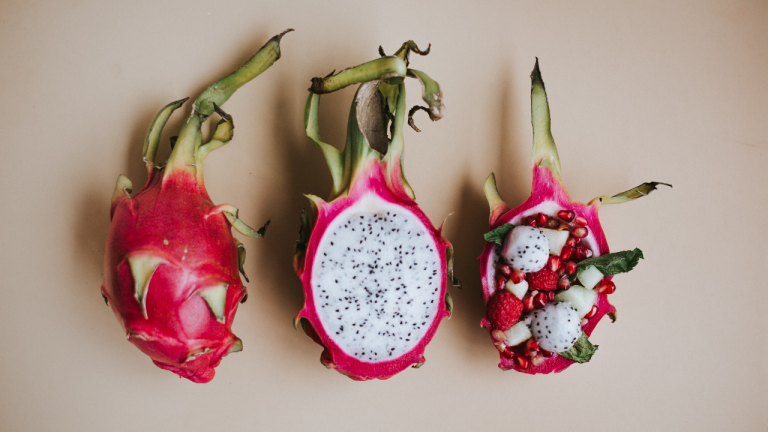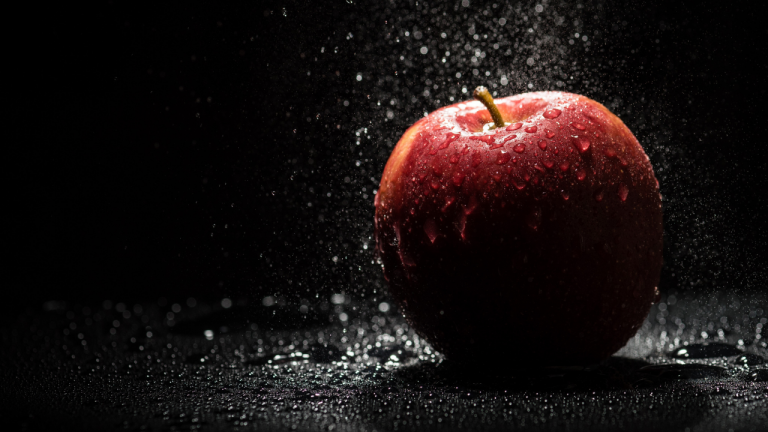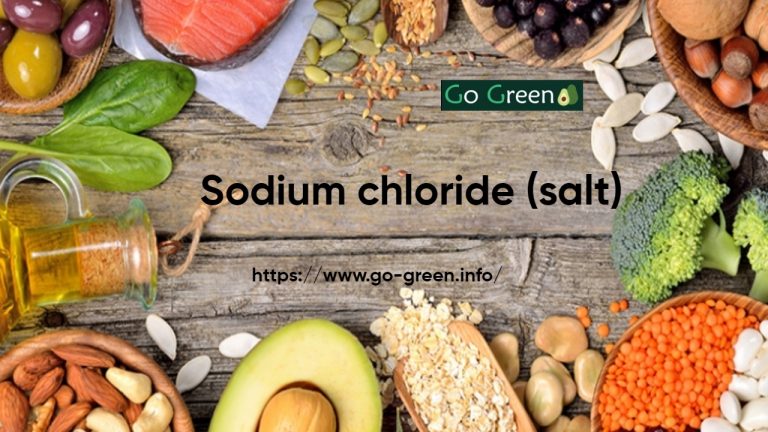Broccoli Stalks of Any Nutritional Value?

Yes, broccoli stalks are generally considered to be of nutritional value. While broccoli florets are more commonly consumed, the stalks are also edible and contain a variety of nutrients. Broccoli stalks are a good source of dietary fiber, vitamin C, vitamin K, and vitamin B6. They also contain smaller amounts of other essential vitamins and minerals, such as vitamin E, vitamin A, folate, calcium, and potassium. Broccoli stalks can be eaten cooked or raw and can be used in a variety of culinary applications, such as stir-fries, soups, salads, and smoothies. However, they may be tougher and more fibrous compared to the florets, so they may require peeling or cooking to make them more palatable.
Benefits of Broccoli stalks
Broccoli stalks, though often overlooked, can offer several benefits. Here are some potential benefits of broccoli stalks:
Nutritional value: Broccoli stalks are a good source of dietary fiber, which can support digestive health and help regulate bowel movements. They also contain essential vitamins and minerals, including vitamin C, vitamin K, vitamin B6, vitamin E, vitamin A, folate, calcium, and potassium.
Reduced waste: Using broccoli stalks can help reduce food waste, as they are often discarded despite being edible and nutritious. By incorporating broccoli stalks into your meals, you can make the most out of the entire broccoli plant and reduce waste in your kitchen.
Cost-effective: Buying broccoli with the stalks intact can be more cost-effective compared to buying pre-cut broccoli florets, as the latter are often more expensive. By using the entire broccoli plant, including the stalks, you can save money on your grocery bill.
Culinary versatility: Broccoli stalks can be used in a variety of culinary applications, such as stir-fries, soups, salads, and smoothies. They can add texture, crunch, and a mild flavor to your dishes, and can be cooked or eaten raw, depending on your preference.
Sustainable option: Incorporating broccoli stalks into your meals can be a sustainable choice, as it reduces food waste and makes use of the entire plant. This can contribute to more sustainable food practices and reduce the environmental impact associated with food waste.
Overall, while broccoli florets are more commonly consumed, broccoli stalks can offer nutritional benefits, reduce waste, and provide culinary versatility, making them a worthwhile addition to your diet.



